Sudan Pound at unprecedented low, affects meds imports
Yesterday the Sudanese Pound continued its drop against the US Dollar, reaching SDG 58 in the parallel market. A number of pharmacies have stopped importing medicines against the current exchange rate.
 A customer buys medication at a pharmacy in Khartoum, January 2013 (The Globe and Mail)
A customer buys medication at a pharmacy in Khartoum, January 2013 (The Globe and Mail)
Yesterday the Sudanese Pound continued its drop against the US Dollar, reaching SDG 58 in the parallel market. A number of pharmacies have stopped importing medicines against the current exchange rate.
The US Dollar purchase price through cheques reached SDG 56.5, while purchase through cash reached SDG 58. Because of the lack of liquidity in the banks, the US Dollar has carried two prices on the black market, and the purchase price by cheques is usually higher than the cash price.
The Market Makers Committee (MMC), established by the Sudanese government earlier this month to determine foreign exchange rates, set the purchase price of the US Dollar at 47 Pounds while the selling price was put at 47,23 Pounds.
Traders in Khartoum reported that the purchase price of the US Dollar is nearly 10 Pounds higher in the parallel market, showing a spike in exchange rate prices from SDG 52 (cheques) and SDG 49 (cash) on October 23.
Traders speaking to Radio Dabanga expect a continuation of the rise of currency exchange through cheques because of the non-declining deficit of hard currency in commercial banks the coming period.
ATMs
Sudan’s Finance Minister and Prime Minister Motaz Mousa said that his ministry and the Central Bank of Sudan (CBoS) will start operating ATMs directly on behalf of any bank that is unable to execute 85 per cent of its deposits until it becomes fully operational again.
Mousa announced to discuss the problems of non-operative ATMs for banks in a meeting with the director of the Central Bank. In mid-October, the director had announced to impose penalties on Sudanese banks that stopped cash transactions for more than 24 hours.
This penalty would not be less than 20 per cent of the machine’s daily capacity, the CBoS director said.
In an attempt to fight the hyperinflation and liquidity crisis that the country has experienced over the past months, Mousa has announced temporary austerity measures, including the abolition of customs exemptions except for production exemptions. Budgets of ministries and state offices are frozen regarding vehicle use, imported furniture, workshops and other events.
Pharmacists stop imports
Pharmaceutical companies have reportedly imported less to no medicines since the US Dollar exchange rate exceeded SDG 30. The stop has led to a scarcity of a number of medicines.
The CBoS and Market Makers Committee have identified the price of the import of medicines to stand at SDG 47.5 for medicine importers.
Meanwhile the Sudanese board of medicines and toxins has instructed pharmaceutical companies to sell all medicines in the stores at the minimum price of SDG 30 per Dollar.
A number of people complained about the lack of various medicines and medical supplies in pharmacies. Pharmacists said the price increases for medicines reached 60 per cent. Prices of blood pressure medicines have risen, for example.
On Monday, Health Minister Mohamed Abuzeid held a meeting with the Chamber of Importers of Medicines to find a radical solution that allows to provide people with medicines at reasonable prices.
Abuzeid told Sudanese media that diabetics can expect to be provided with insulin and denied that there is a scarcity of the medicine.
In August, people in Sudan complained about the lack and high prices of lifesaving medicines to tread chronic conditions such as blood pressure and diabetes, as well as medicines related to epilepsy and other neurological and psychological conditions.








 and then
and then